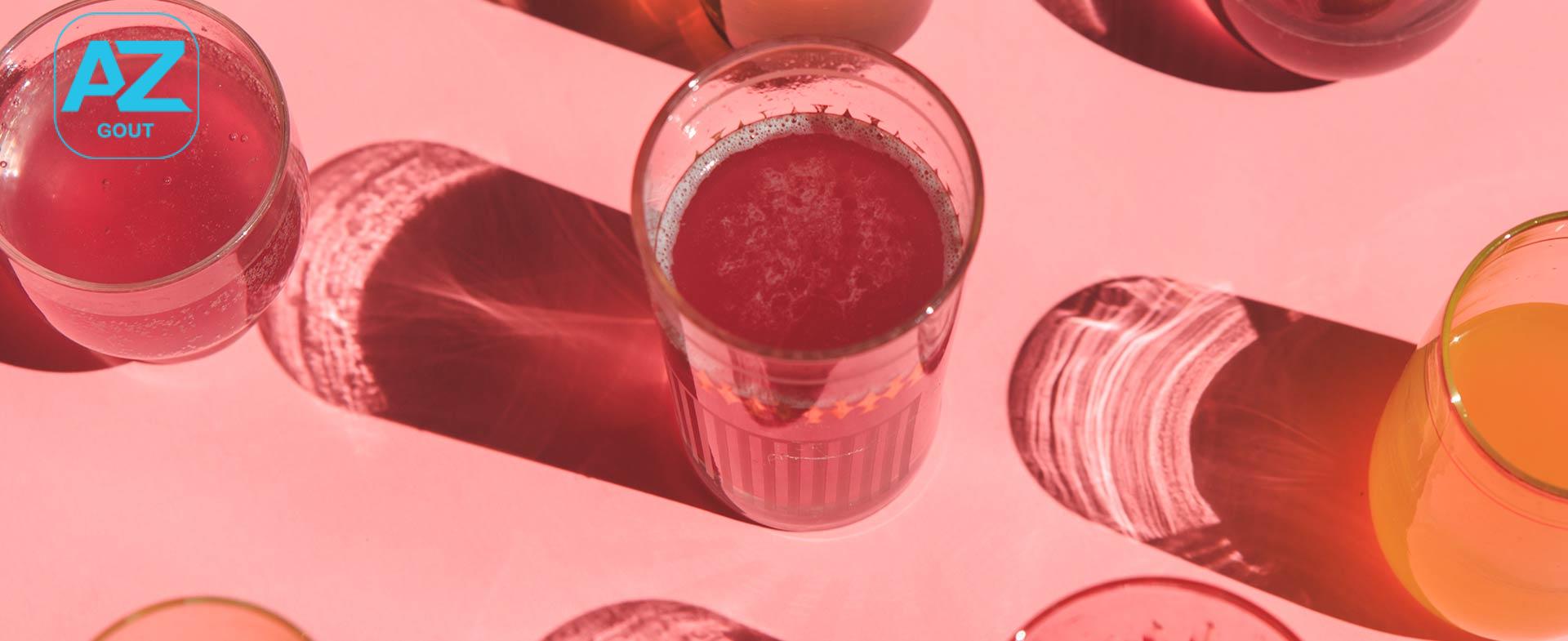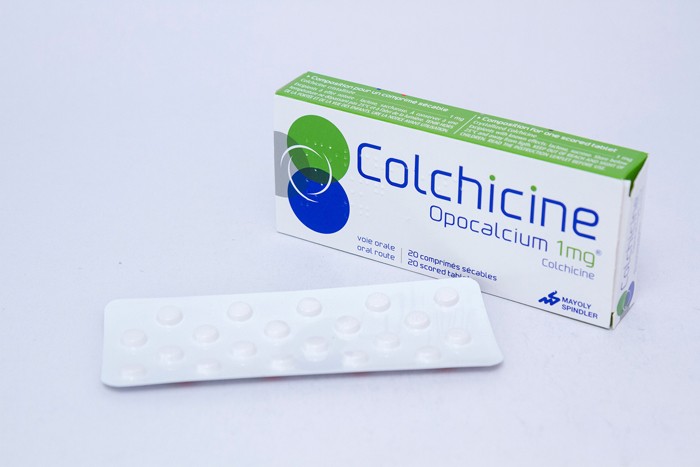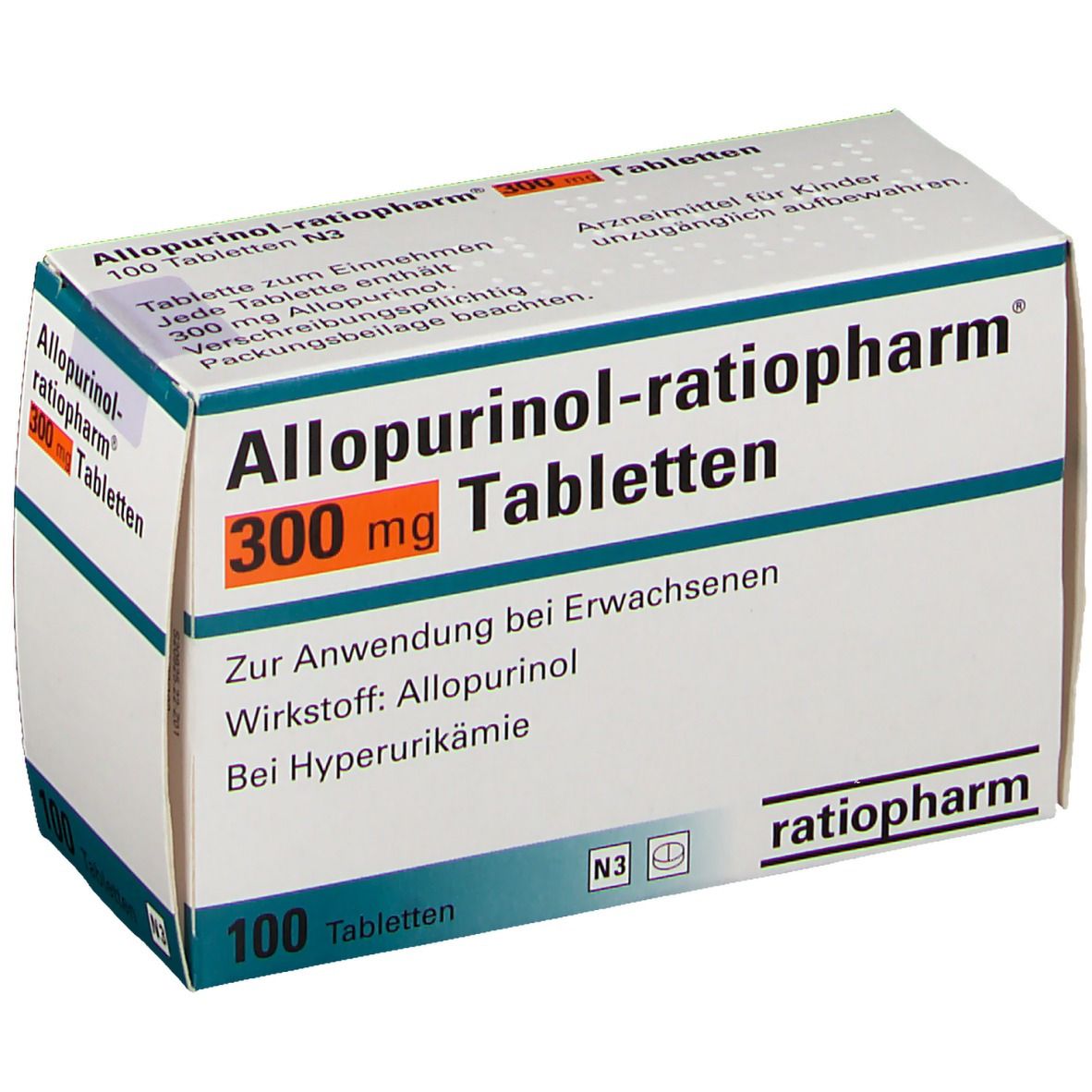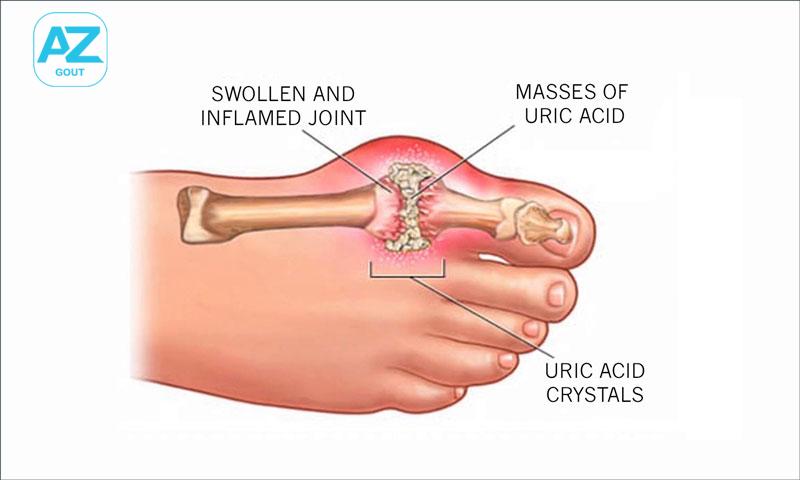
You’ve likely heard of probiotics, commonly advertised on products like yogurt, kefir, and kombucha. Even if you’re not entirely sure what they are, you probably know that they are linked to better gut health. But what exactly do probiotics do, and are probiotic drinks really beneficial?
1. Understanding Probiotics and Gut Health
1.1. The Balance of Bacteria in Your Gut
Your digestive system hosts a delicate balance of good and bad bacteria. When harmful bacteria outnumber the beneficial ones, it can lead to issues like stomach upset, inflammation, and a weakened immune system.
“Probiotics are the good bacteria,” says Allegra Picano, RDN, a dietitian at GoutAZ. “A diverse array of these good bacteria is essential for maintaining a healthy gut.”
1.2. The Role of Probiotics
Probiotics, the beneficial bacteria, play a crucial role in maintaining a healthy digestive system. They help balance your gut microbiome, which is the community of bacteria living in your gut.
“The good bacteria in your system perform many crucial functions beyond digestive health,” Picano explains. “They produce immune cells, boost your immune response, synthesize vitamins, break down food, and help create important chemicals like neurotransmitters, including serotonin.”
Even though some bad bacteria naturally reside in your digestive system, they typically don’t cause harm at low levels. However, when you’re stressed, ill, or not following a healthy diet, these harmful bacteria can multiply, disrupting the balance in your gut.
2. Can Probiotic Foods and Drinks Help?
2.1. Sources of Probiotics
Certain foods and drinks are natural sources of probiotics. Fermentation is usually required to create the beneficial strains of bacteria, such as lactobacillus. Common probiotic-rich foods and beverages include yogurt, kefir, kombucha, miso, tempeh, kimchi, sauerkraut, and pickles.
2.2. The Challenges of Probiotic Consumption
“The problem is that there are thousands of species of good bacteria, and we don’t fully understand the role each plays in the body,” says Picano. Additionally, it’s difficult to determine the specific types and amounts of probiotics in the products you consume. Unlike drugs, the label claims for these products aren’t strictly regulated, so the bacteria type and quantity may not be thoroughly tested.
“These products are likely providing you with some beneficial gut bacteria, but we can’t say for certain,” Picano adds. If you choose to include probiotic drinks like drinkable yogurts, kefir, and kombucha in your diet, be sure to check the labels and avoid those with high added sugar content.
For more information on probiotics and gut health, check out NIH’s resource on probiotics.
3. Other Ways to Improve Gut Health
3.1. The Role of Prebiotics
You don’t necessarily need to consume probiotics to maintain a healthy gut. In fact, you might benefit more from including prebiotics in your diet. “Prebiotics are fiber-rich foods that feed the good bacteria in your gut, helping them flourish,” says Picano.
When you consume prebiotic foods, your body breaks them down, and the fiber they contain helps nourish and grow more probiotics in your digestive system. A diet rich in a variety of fruits, vegetables, and whole grains will provide the prebiotic fiber needed to keep your gut healthy.
4. Conclusion: Are Probiotic Drinks Worth It?
While probiotic drinks may offer some benefits, their effectiveness is still uncertain due to varying types and quantities of bacteria. To truly support your gut health, focus on a balanced diet rich in prebiotics, which help maintain the good bacteria already in your system.
For more insights on maintaining a healthy gut, explore resources from the Cleveland Clinic on gut health and diet.








